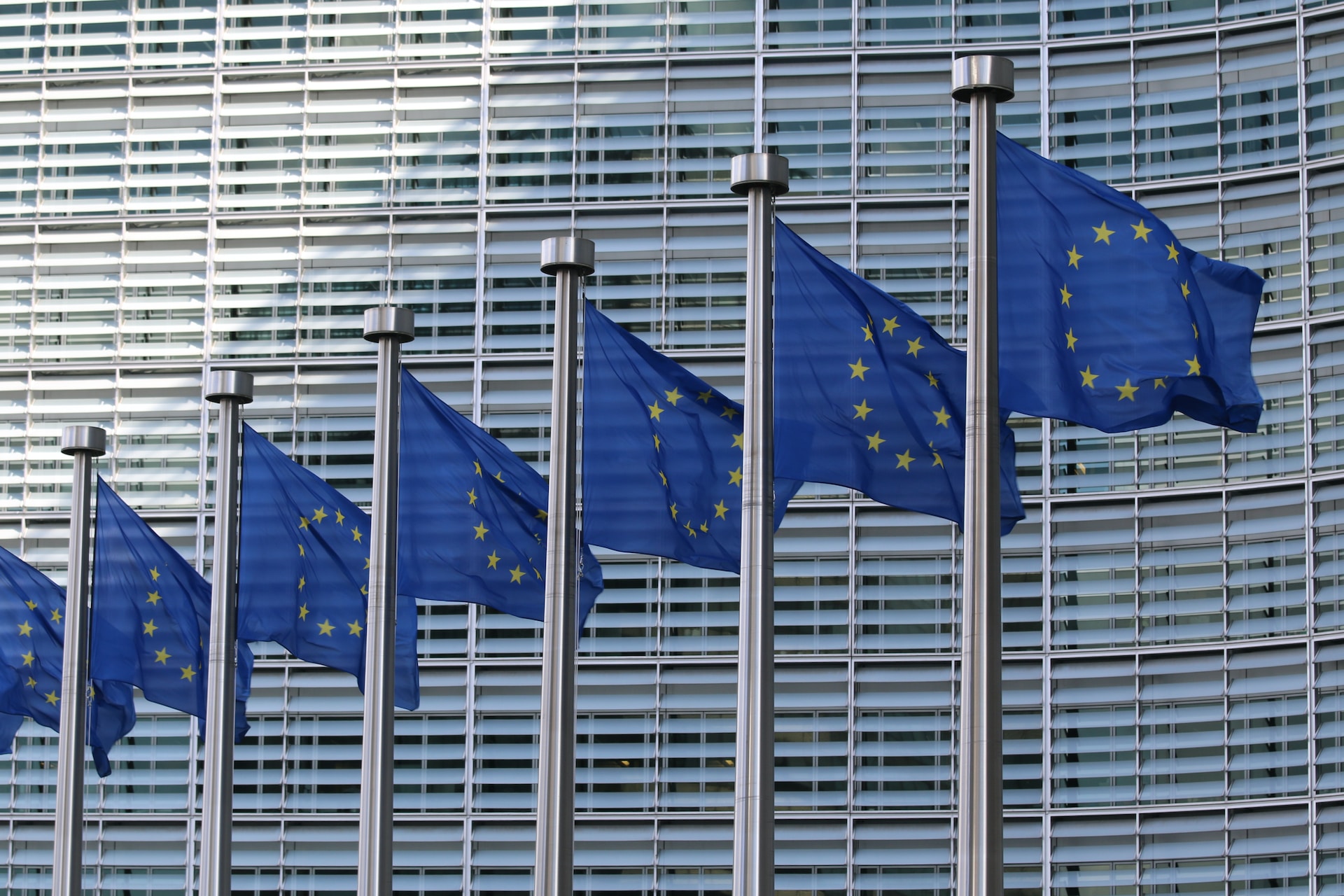European Union Introduces Revised Sanctions on Oil Price Cap

The European Union has recently announced its twelfth round of sanctions aimed at Russia, significantly focusing on the regulation of tanker transactions.
This latest set of sanctions introduces mandatory notification requirements for the sale of tankers to any third-party nation. This measure is designed to enhance the transparency of tanker sales and exports, particularly concerning the resale of secondhand carriers. Such measures are crucial in preventing these vessels from being used to sidestep the existing prohibition on importing Russian crude oil or petroleum products, as well as the price cap established by the G7.
In a move to reinforce the effective implementation of the oil price cap, the European Council is tightening its compliance protocols. This initiative will also play a pivotal role in cracking down on attempts to evade these restrictions. An improved mechanism for sharing information is also part of the sanctions. This mechanism aims to facilitate the more accurate identification of ships and entities engaged in deceptive practices. These practices include ship-to-ship transfers and manipulations of the Automatic Identification System (AIS), both of which are often employed to obscure the origin or destination of cargoes involving Russian crude oil and petroleum products.
Josep Borrell, the High Representative for Foreign Affairs and Security Policy of the European Union, emphasized the significance of these new measures. He stated, “With this 12th package, we are putting forward a robust set of new listings and economic measures which will further weaken Russia’s war machine. Our message is clear, as I already stated when I chaired the informal Foreign Affairs Council in Kyiv: we remain steadfast in our commitment to Ukraine and will continue to support its fight for freedom and sovereignty.” This statement underscores the EU's firm stance and continued support for Ukraine in its ongoing conflict.